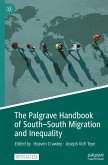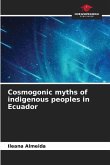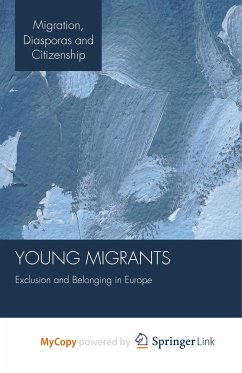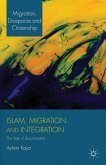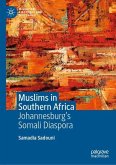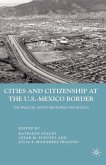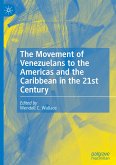This book explores how global migration transforms local dynamics in the communal life of indigenous peoples in southern Ecuador. At its heart, the focus is on Cañar, a region marked by more than seven decades of migratory flows to the United States. Cañar features one of the areas of greatest human mobility in the entire Andean Region. Drawing on data from in-depth interviews and dialogue-based workshops with indigenous youths, the author shows how migratory processes and forms of self-representation have challenged the idea that ethnic identity is tied to fixed cultural patterns. He further shows how youths' transnational experiences reconfigure generational differences within indigenous communities. In analyzing how transnational life, adultcentrism, gender power dynamics, and institutional discourses intersect in the production of indigenous youths' subjectivities, this book provides an innovative approach to the studies of indigenous peoples and migration.
Bitte wählen Sie Ihr Anliegen aus.
Rechnungen
Retourenschein anfordern
Bestellstatus
Storno


